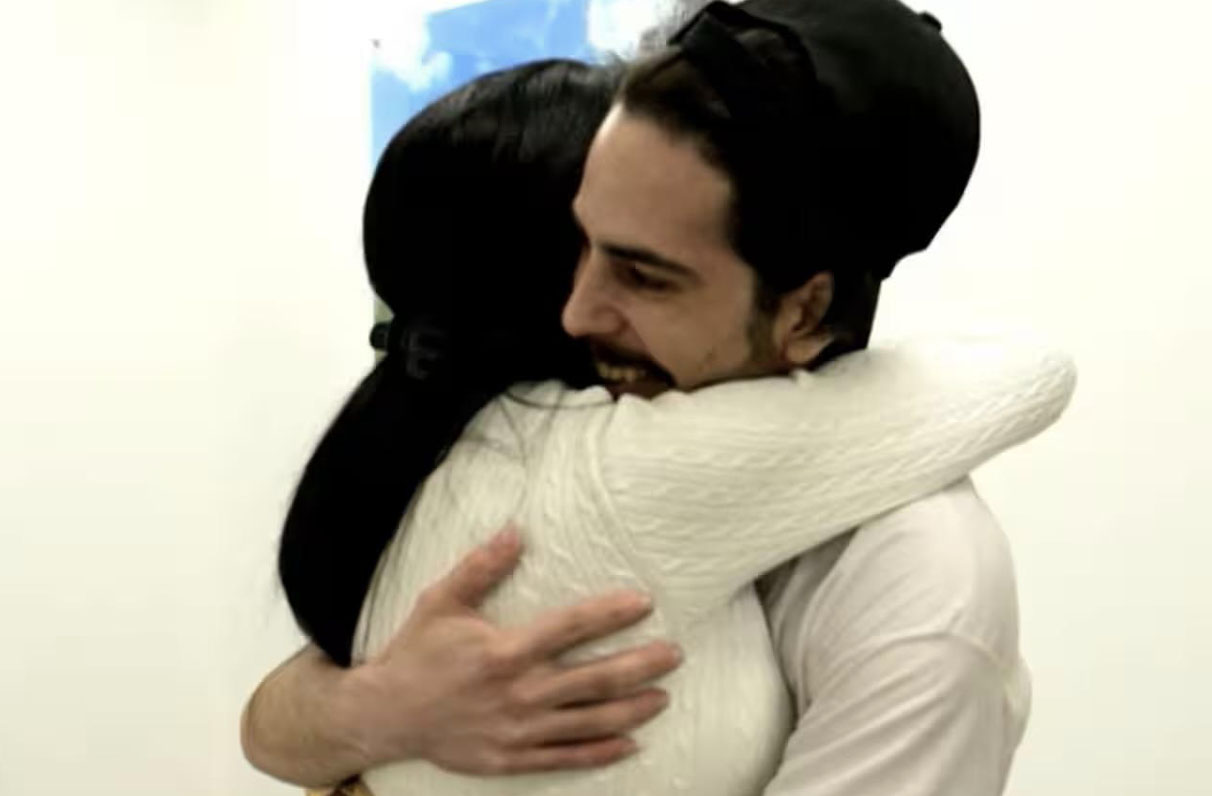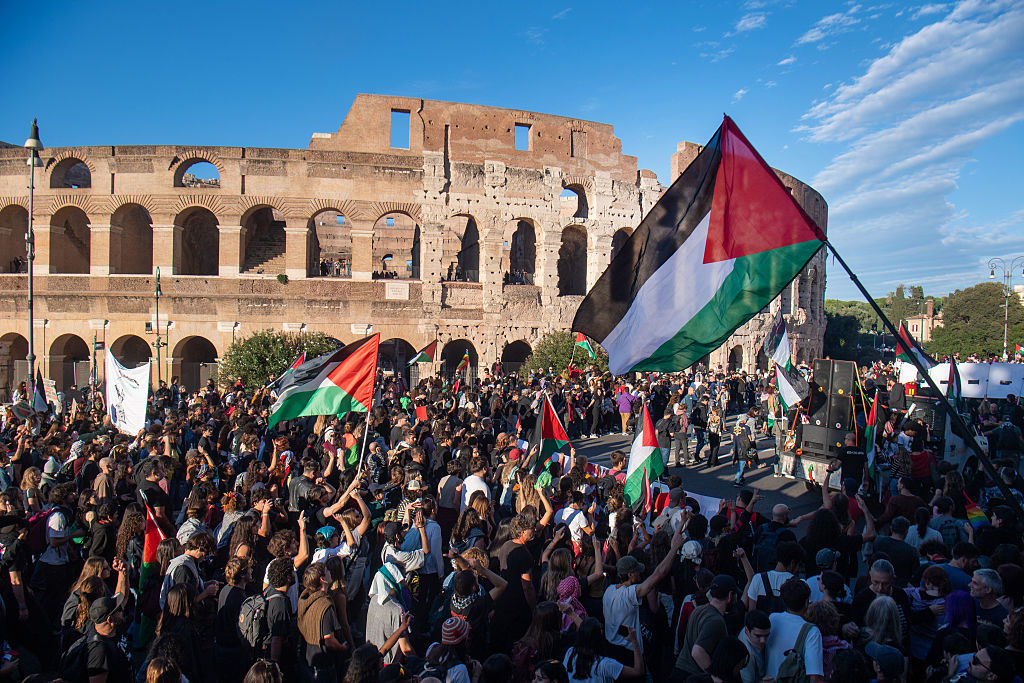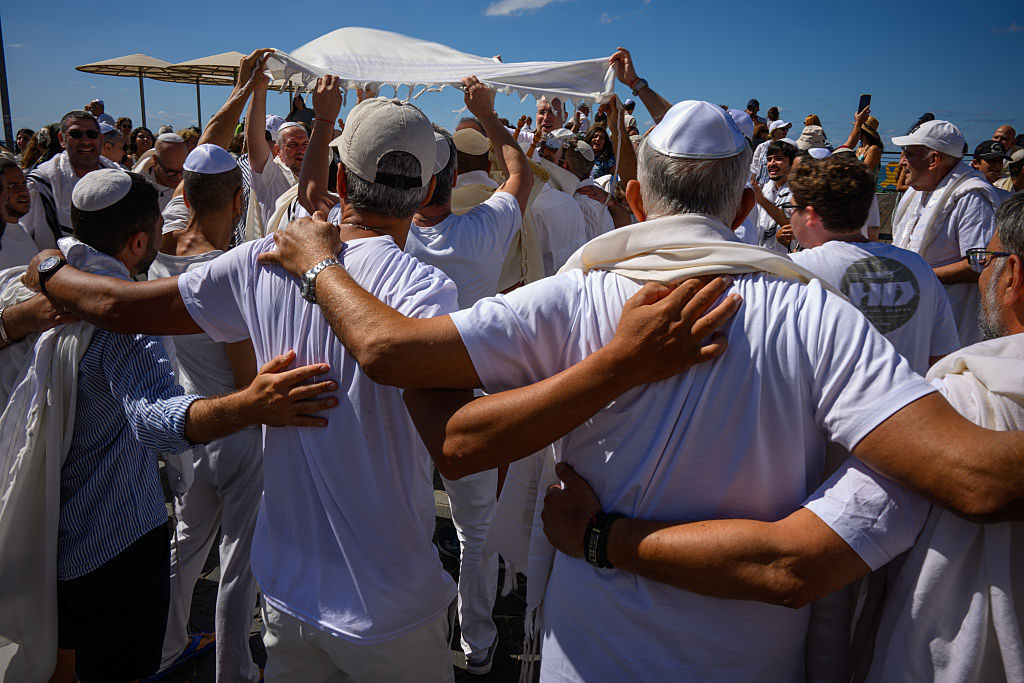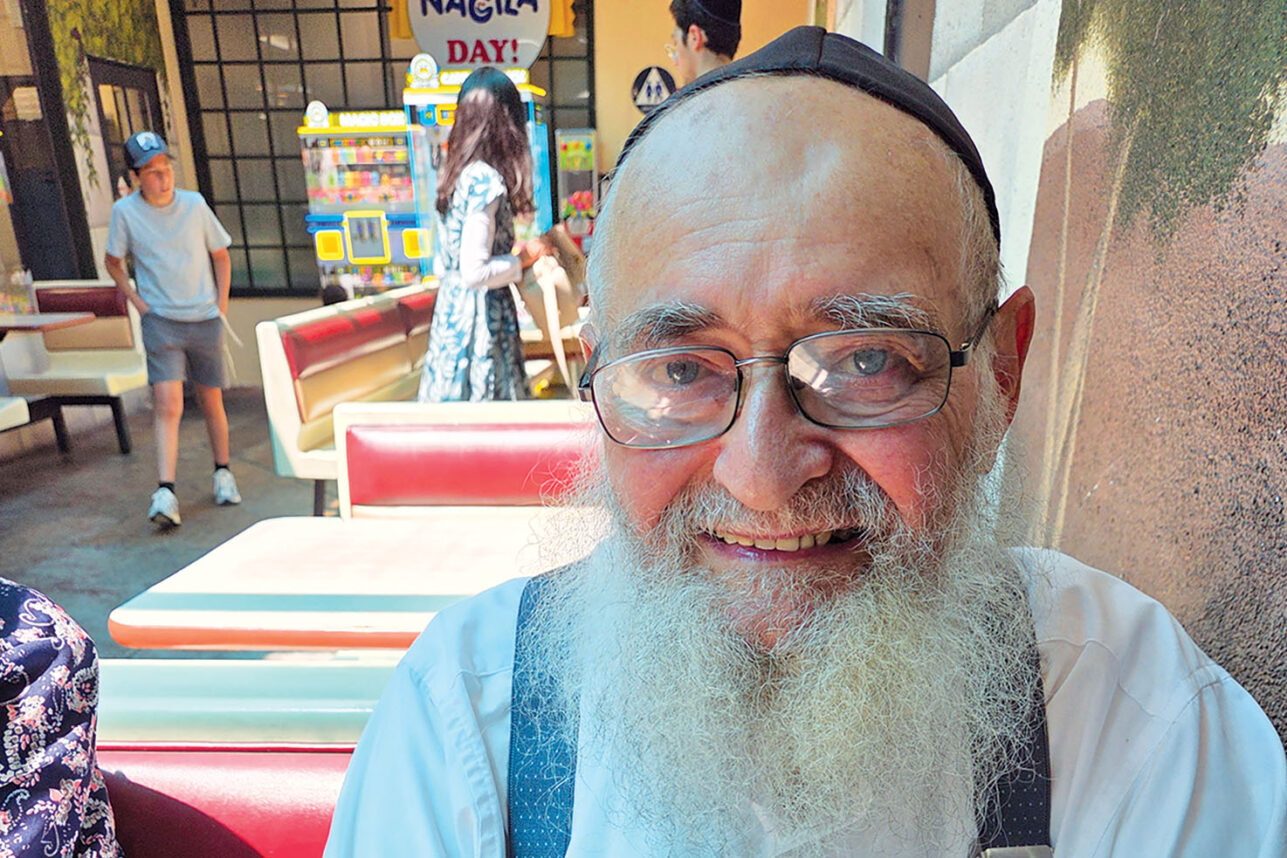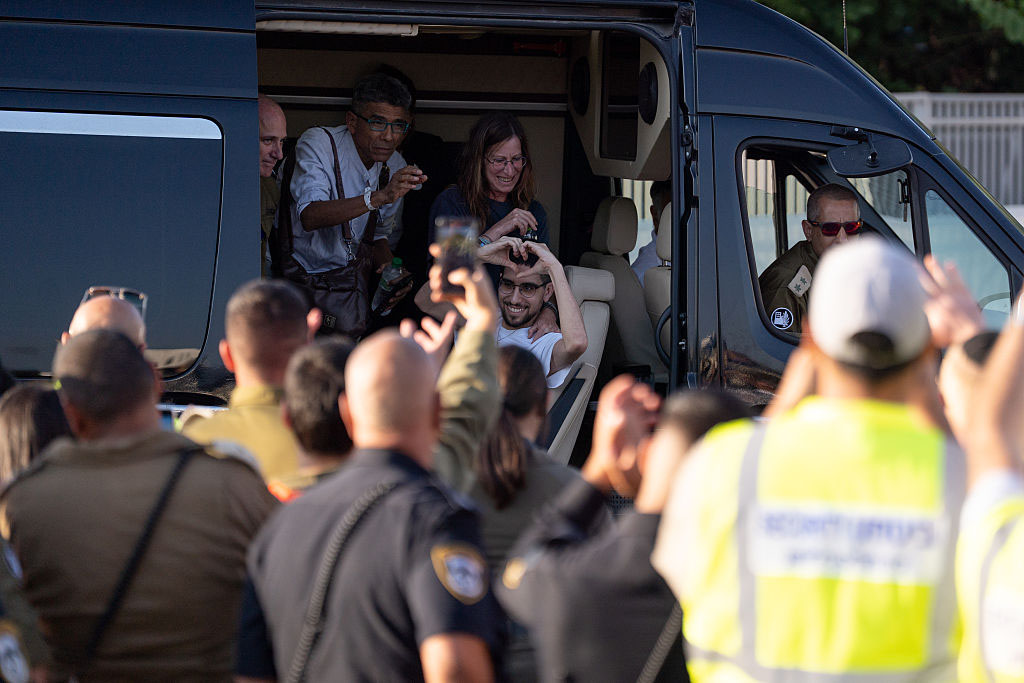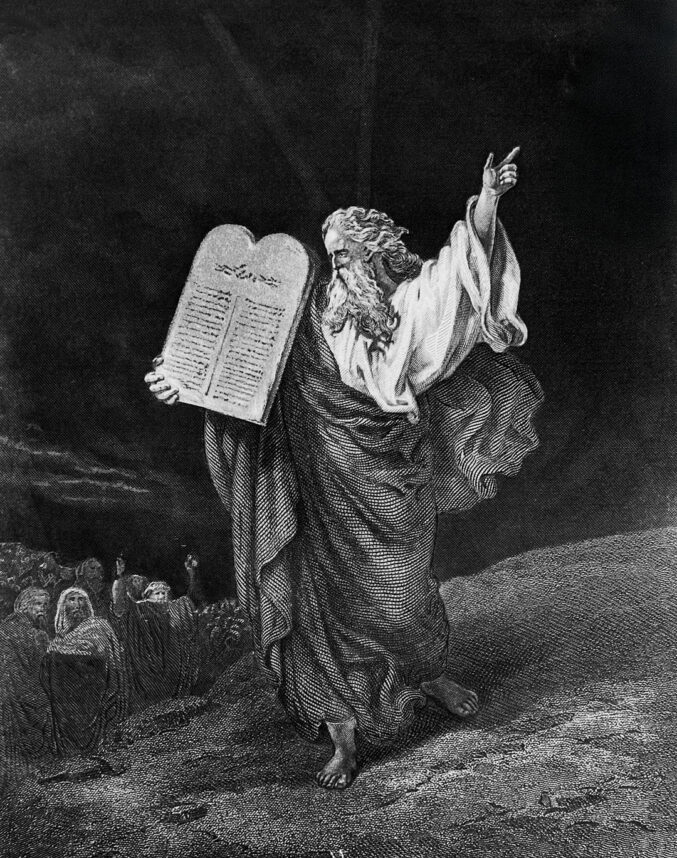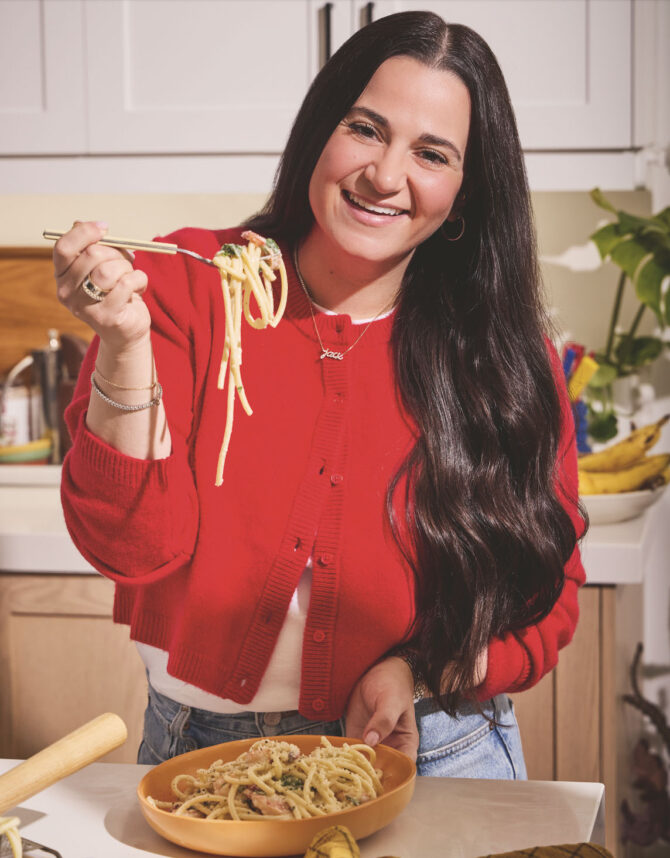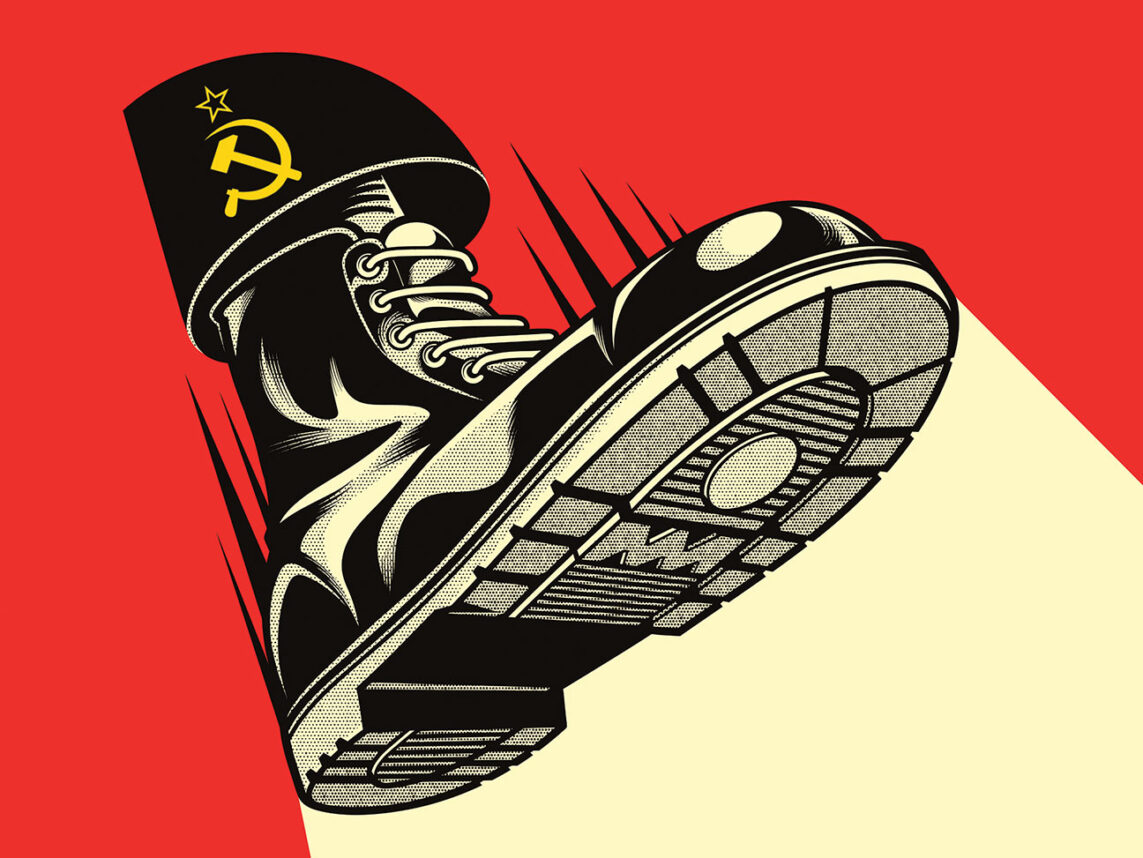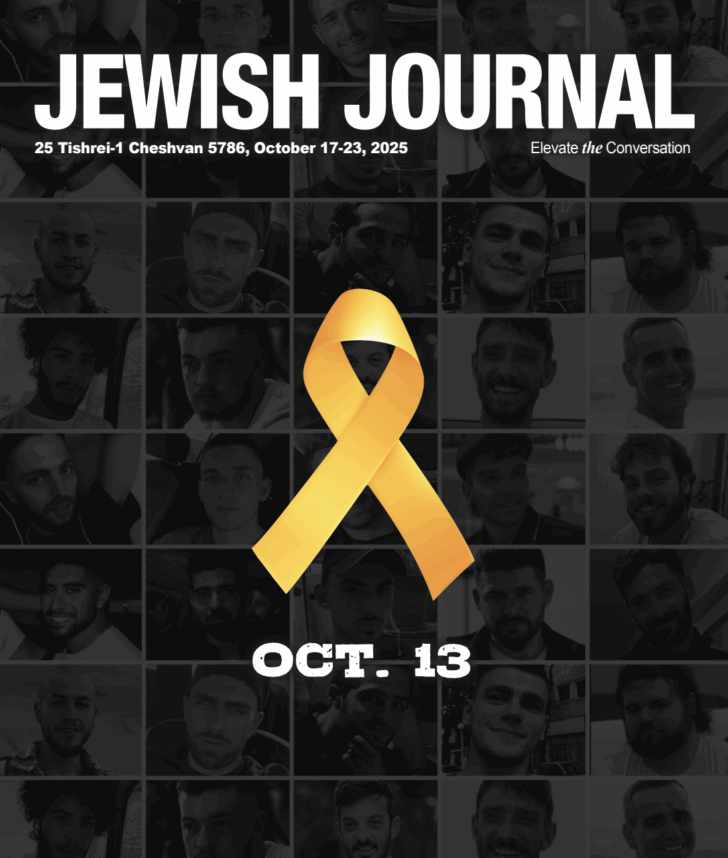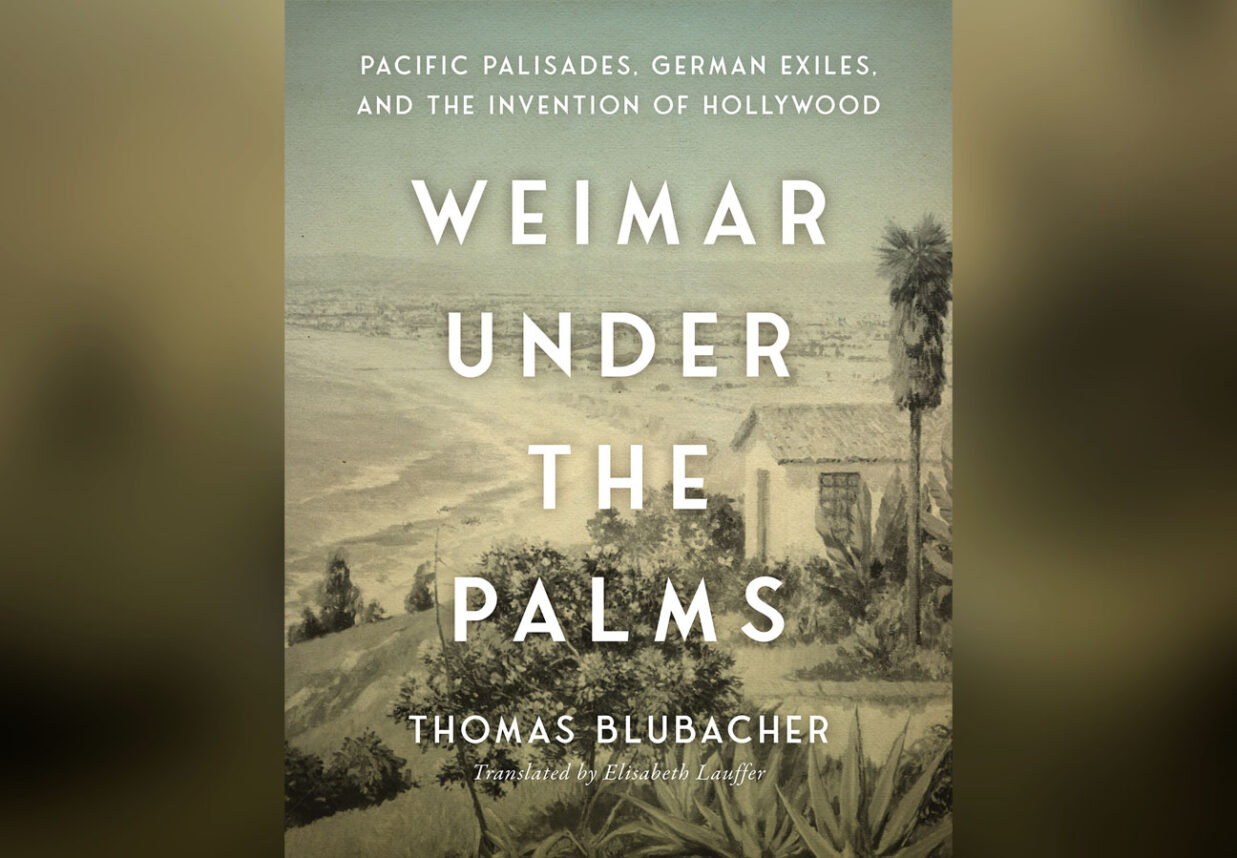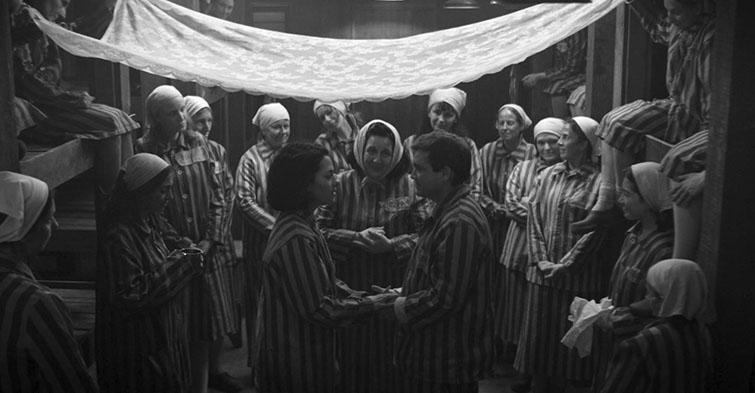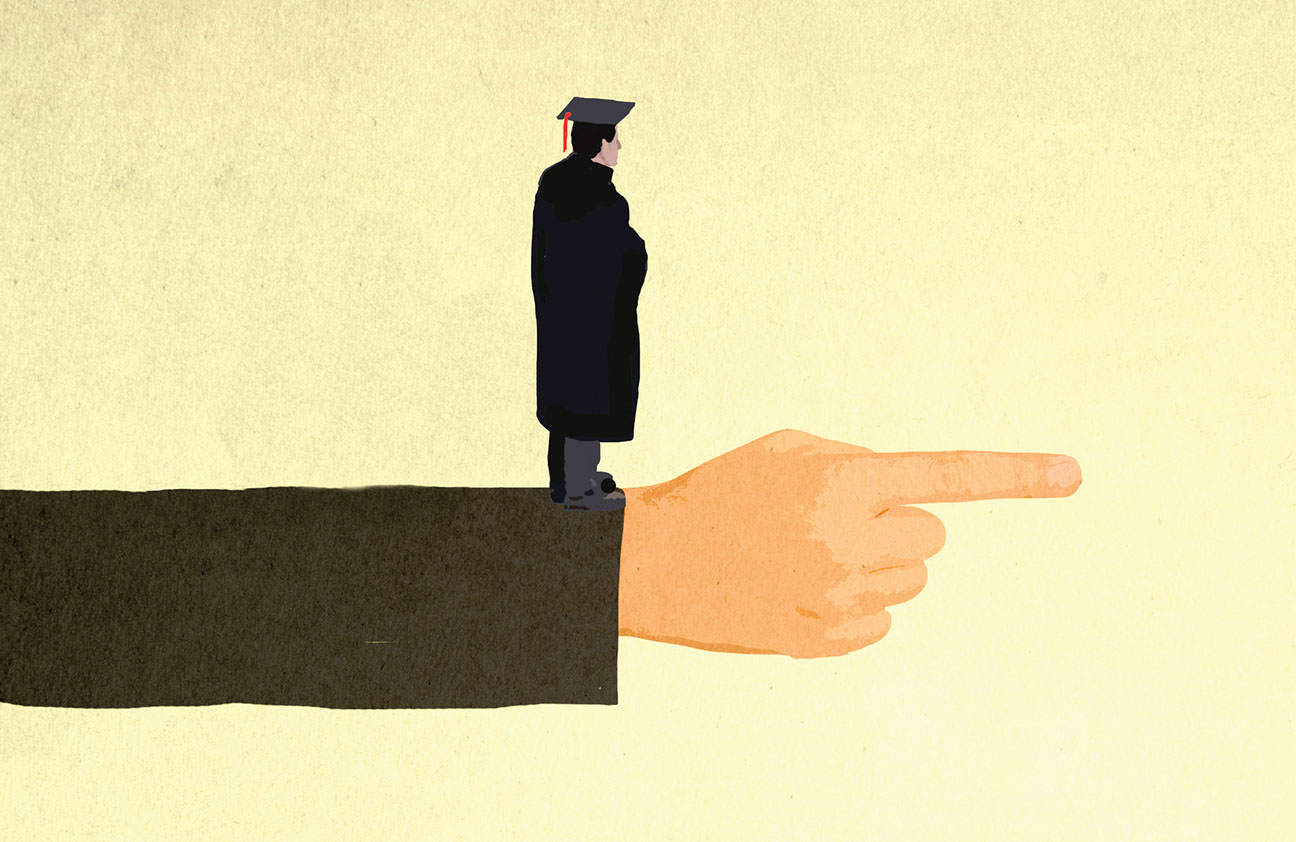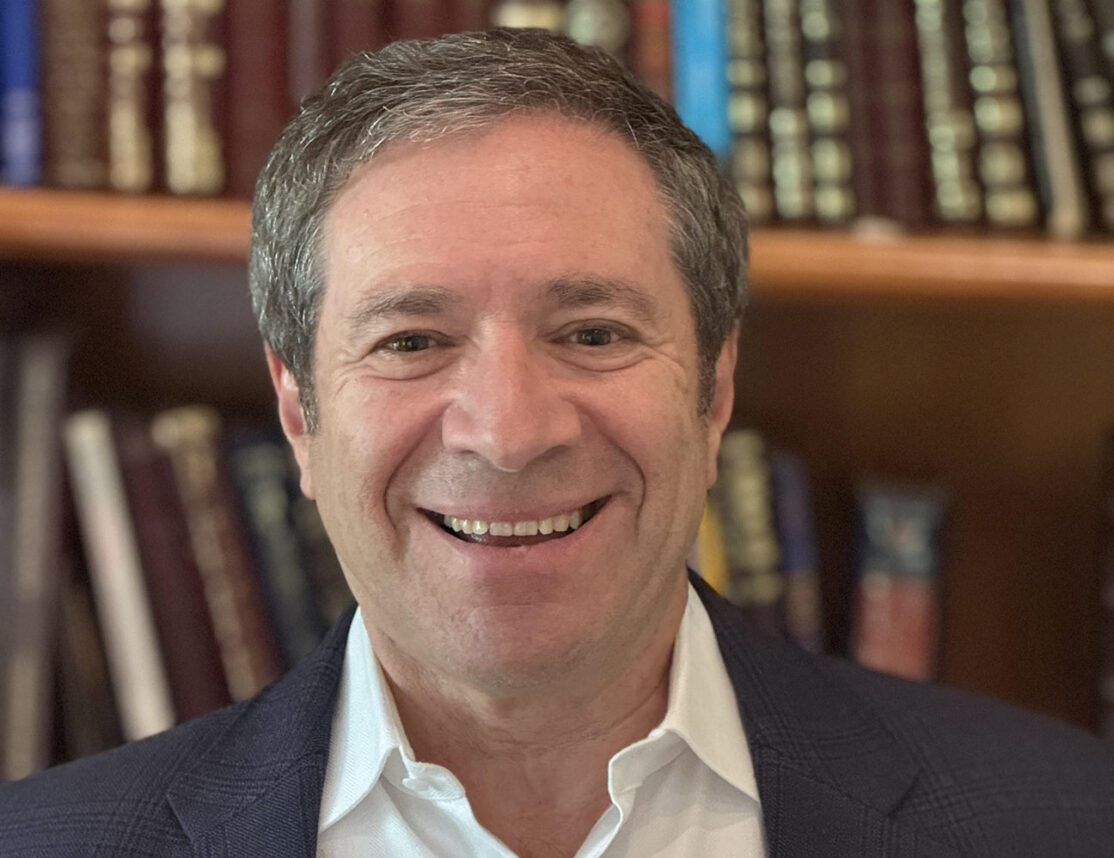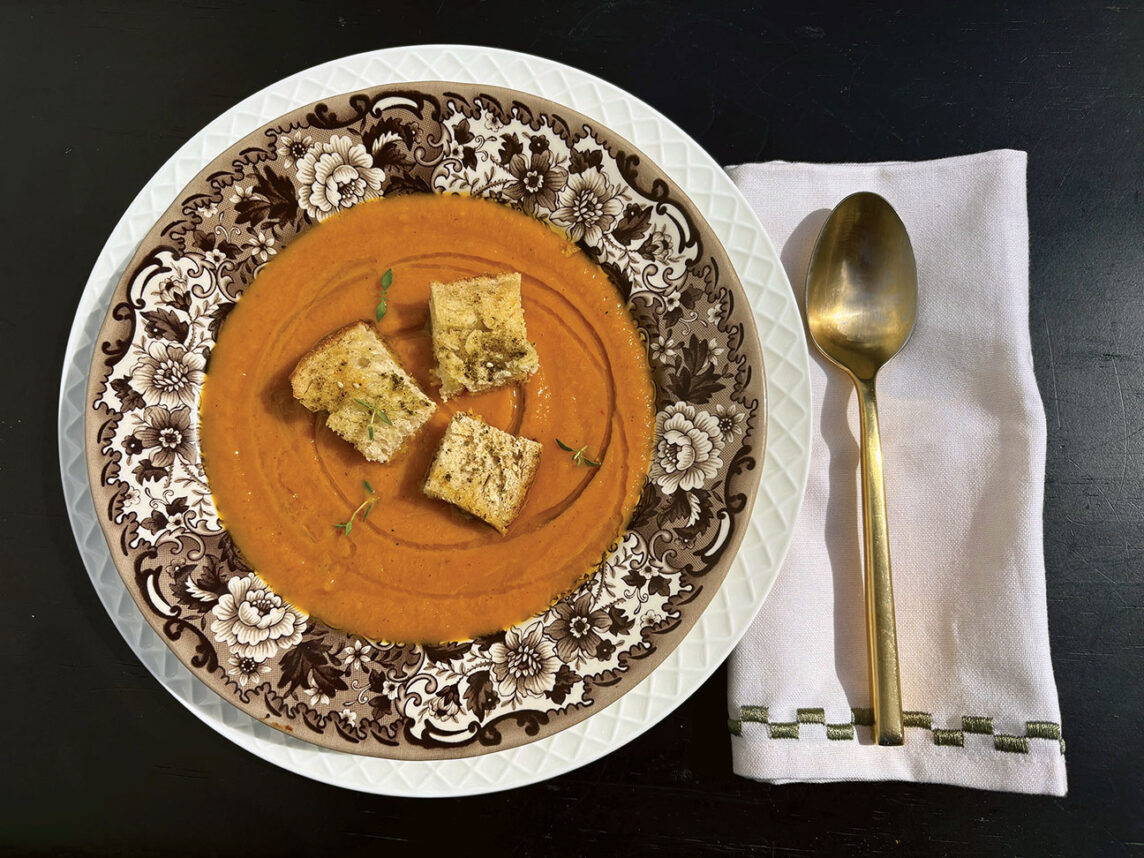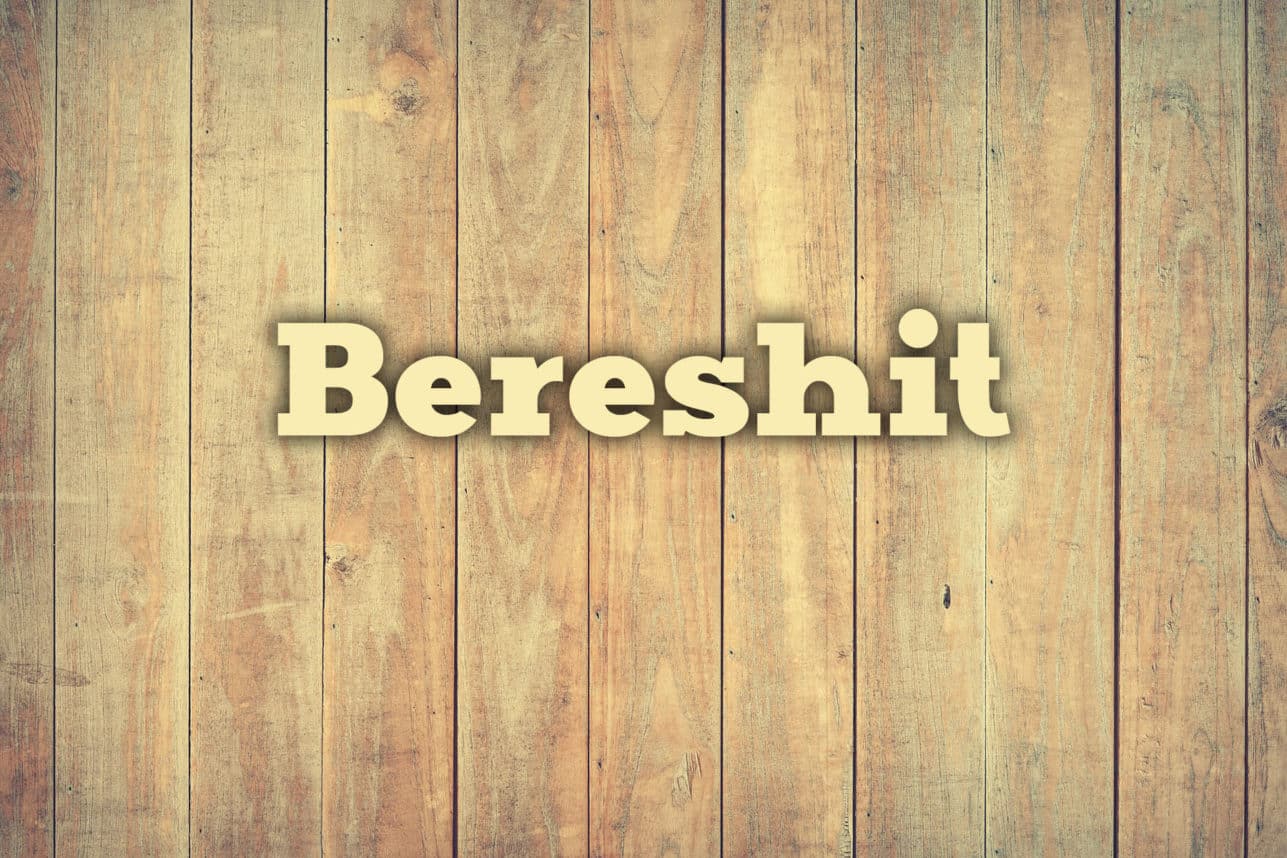My father grew up in Buenos Aires, and he maintained close ties with a circle of friends from his Jewish neighborhood until his death a few years ago. His name was Marcos,
but to his friends he was Mote.
Around 1960 he entered into an appliance import business with a friend from the neighborhood, and they made good money together. My family was one of the first to have a refrigerator and television, and we took some of the first jet flights out of Argentina to Europe and Israel. My father’s friends would gather at the airport to send us off and greet us when we returned.
When I was about 5 years old, the business’ merchandise vanished. My father suspected his partner defrauded him, but could never prove it. He was left with nothing — or so I thought.
My father went on to become an insurance agent, and it took us some time to get back on our feet. While my family never recaptured the wealth we had enjoyed, there was always food on the family table.
“It’s terrible that this man has taken everything we had,” I said.
“No, he did not take everything,” my father said. “We are keeping all the friends.”
More than 40 years later, all of those friends from the neighborhood and their children are still some of our dearest friends. My father always knew what was most essential.
When we put material things ahead of our spiritual selves and our relationships, then we are on the path to idolatry, a practice that has changed only superficially in the last few millennia.
The lesson of the Torah is one of freedom from idolatry, rejecting any worship that is material. When Moses asked Pharaoh to let God’s people go and worship in the desert, his plea was focused on the One God and rejecting idolatry.
If there were one material thing that could have been considered holy, it would have been the first set of tablets Moses brought down from Mount Sinai. And what happened to those tablets? When Moses saw the Golden Calf, to his credit, he threw them down and smashed them to bits. Moses dramatically demonstrated that even the tablets, the product of God’s “hands,” were mere objects. They were not sacred in and of themselves.
When we celebrate Passover, we must put ourselves in the very same place the Israelites were when they rushed away from bondage. Every year we have the obligation, as we read in the haggadah, to see ourselves as if each one of us individually left bondage. Bechol dor va’dor, in every generation, each individual must think of himself or herself as if he or she personally left Egypt.
The miracle, the rabbis teach, was not that God took the Israelites out of Egypt, but rather that God took Egypt out of the Israelites. And that is the message.
Our world hasn’t changed all that much. Wars, hatred and conflict enslave us in every generation. Each individual in every generation has the obligation to set himself free, along with his fellow human beings.
This message is a universal one. Even in our own history, Dr. Martin Luther King Jr.’s narrative was that of the Exodus. In his beautiful sermons, the message that guided the civil rights movement, “free at last,” is the message of Passover.
On Shabbat Hagadol, the Shabbat that precedes Passover, we read a special section from the Prophets that contains the following words: “And children will come back to their parents, and parents will return to their children.”
In preparation for the seder, we must make an effort to reconcile with those who are estranged from us. That reminder before the holiday is a challenge and an opportunity, given to us so we can find a way back to those who once were close to us. If there is somebody in our life with whom we have lost contact, willingly or unwillingly, this is our chance to call and renew the relationship. And if there is someone who will be with us at the seder with whom we haven’t been on the best of terms, the seder is the place to make things better and to refrain from renewing the feud.
While my father never reconciled with his former partner, he didn’t let the sense of betrayal stand in his way of attending the funeral of the partner’s wife. In fact, Mote was the only friend from the neighborhood to show up.
When we prepare for Passover we clean our dwellings of chametz, leavened foods. Matzah is the essence of bread: flour and water. When we rid our houses of chametz, we must likewise rid our lives of that which is not essential. We want to find our essential selves.
At the end of the day we find ourselves, and God, in one another, especially in those who are most dear to us. As Passover comes, let us free ourselves from the yoke of materialism. We must understand that the essence of life is in relationships. When we touch another soul we transcend our material selves. It is the way in which we become eternal.
My father was a man who was not tied to money. Most important in life, he taught me, are our relationships. When we care about others, we will then find the essence of who we are.
Daniel Mehlman is the rabbi at K’hilat Ha’Aloneem in Ojai and teaches the Introduction to Judaism class in Spanish at American Jewish University.








